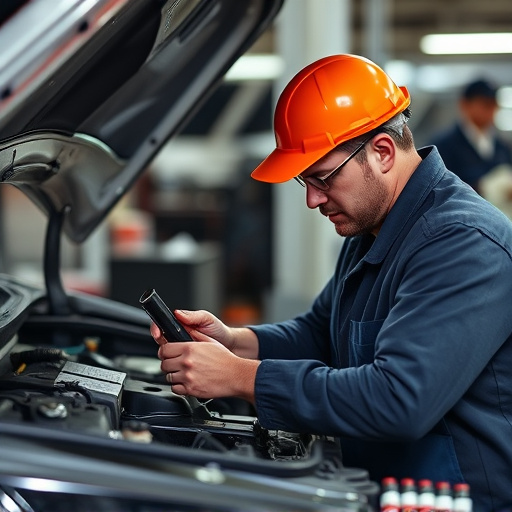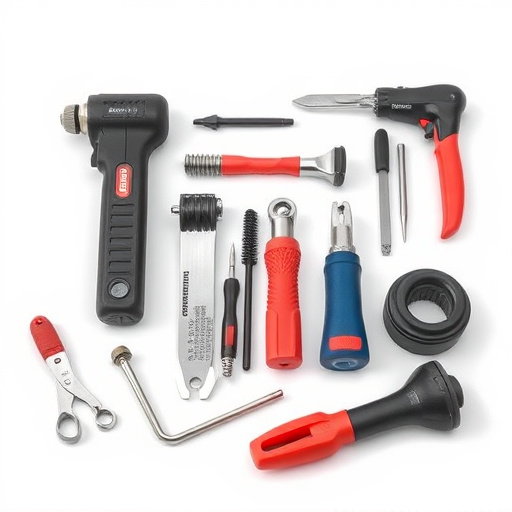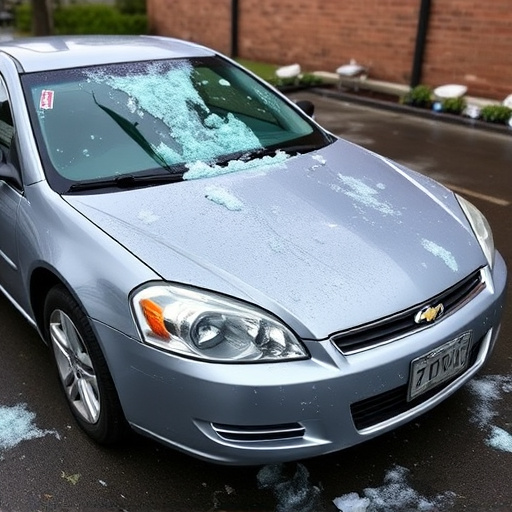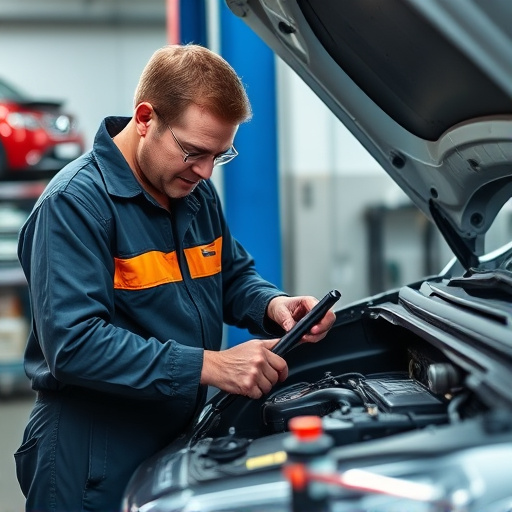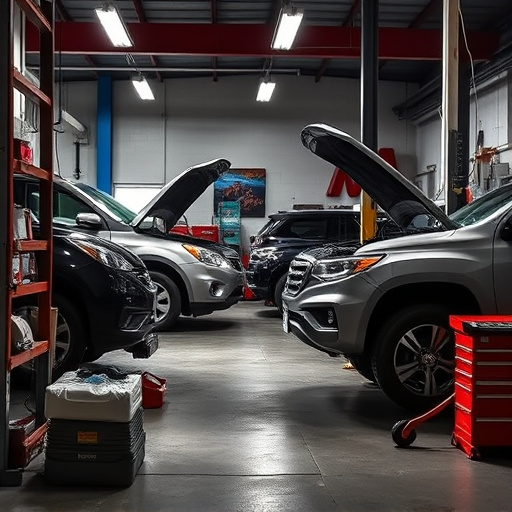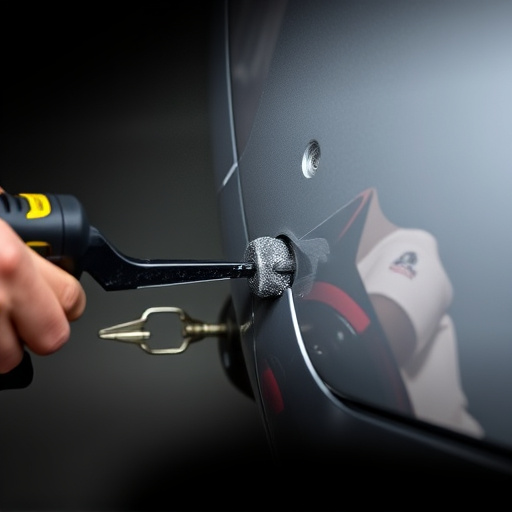Tesla's commitment to safety is evident through its stringent factory specifications that surpass industry standards. Their advanced systems rigorously test and ensure quality control for every vehicle, focusing on high-voltage components. This includes meticulous procedures, corrosion-resistant materials, and comprehensive employee training. Regular maintenance checks further guarantee safe operation, enabling Tesla to meet regulations and set a benchmark for excellence in electric vehicle manufacturing. These strict specifications also influence collision repair processes, fostering a culture of safety and innovation within the company.
Tesla’s commitment to high-voltage safety is evident through its stringent factory specifications, ensuring every vehicle produced meets robust safety standards. This article delves into the understanding of Tesla’s factory safety protocols and highlights key specifications designed to safeguard both manufacturing personnel and end-users. By exploring the impact of rigorous compliance, we uncover how these measures drive Tesla operations, fostering a culture of unparalleled safety in the electric vehicle industry.
- Understanding Tesla's Factory Safety Protocols
- Key Specifications for High-Voltage Safety
- The Impact of Rigorous Compliance on Tesla Operations
Understanding Tesla's Factory Safety Protocols

Tesla’s commitment to safety is evident through its rigorous factory specifications, which go above and beyond industry standards. The company employs advanced systems to ensure every vehicle undergoes comprehensive testing and quality control checks. These protocols include detailed procedures for handling high-voltage components, aiming to prevent accidents and maintain optimal performance.
By prioritizing safety in their manufacturing process, Tesla sets a benchmark for the automotive industry. Their focus on meticulous planning and implementation reduces potential risks, even in complex operations like collision repair and vehicle dent repair. Such measures contribute to the overall reliability and peace of mind for Tesla owners.
Key Specifications for High-Voltage Safety

When it comes to high-voltage safety compliance for electric vehicles, Tesla factory specifications play a pivotal role in ensuring the well-being of both manufacturing personnel and future car owners. These stringent guidelines are designed to maintain a secure environment throughout the production process. Key specifications include rigorous testing protocols for electrical systems, with special attention paid to isolation and grounding techniques. The use of advanced materials that resist corrosion and withstand high voltage is also mandated, preventing potential hazards associated with faulty connections or compromised structural integrity.
Moreover, Tesla’s factory standards emphasize comprehensive training programs for employees, equipping them with the knowledge and skills necessary to handle high-voltage components safely. Regular maintenance checks on machinery and equipment are another critical aspect, ensuring they operate within safe voltage ranges. By adhering to these specifications, Tesla not only meets regulatory standards but also sets a benchmark for excellence in auto manufacturing, especially as it pertains to the intricate systems found in modern electric vehicles, requiring meticulous care during production, from initial assembly to final car body restoration and detailing.
The Impact of Rigorous Compliance on Tesla Operations

The Tesla factory specifications are meticulously designed to ensure rigorous safety standards, especially when it comes to high-voltage systems. This level of compliance is paramount in shaping the company’s operations and maintaining its reputation for innovation and quality. By adhering to these specifications, Tesla guarantees that every vehicle rolling off the production line meets or exceeds industry safety regulations.
Rigorous compliance impacts Tesla’s operations by dictating the design, manufacturing, and testing processes. It ensures that the company’s in-house collision repair center and body shop services are equipped to handle electric vehicle (EV) repairs with specialized training and tools. For instance, Tesla’s standards for battery pack replacement or high-voltage electrical repairs are vastly different from those of conventional car manufacturers, such as Mercedes-Benz repair centers, necessitating unique expertise and facilities. This commitment to safety not only protects the integrity of Tesla vehicles but also fosters a culture of excellence within the company.
Tesla’s commitment to high-voltage safety is evident through its stringent factory specifications, which serve as a cornerstone for the company’s operations. By adhering to these rigorous protocols, Tesla ensures not only compliance with regulatory standards but also maintains its reputation as an industry leader in electric vehicle (EV) manufacturing. The meticulous attention to detail in key areas like engineering, testing, and worker safety training has fostered a robust system that protects both employees and the public, ultimately contributing to the widespread adoption of EVs.
